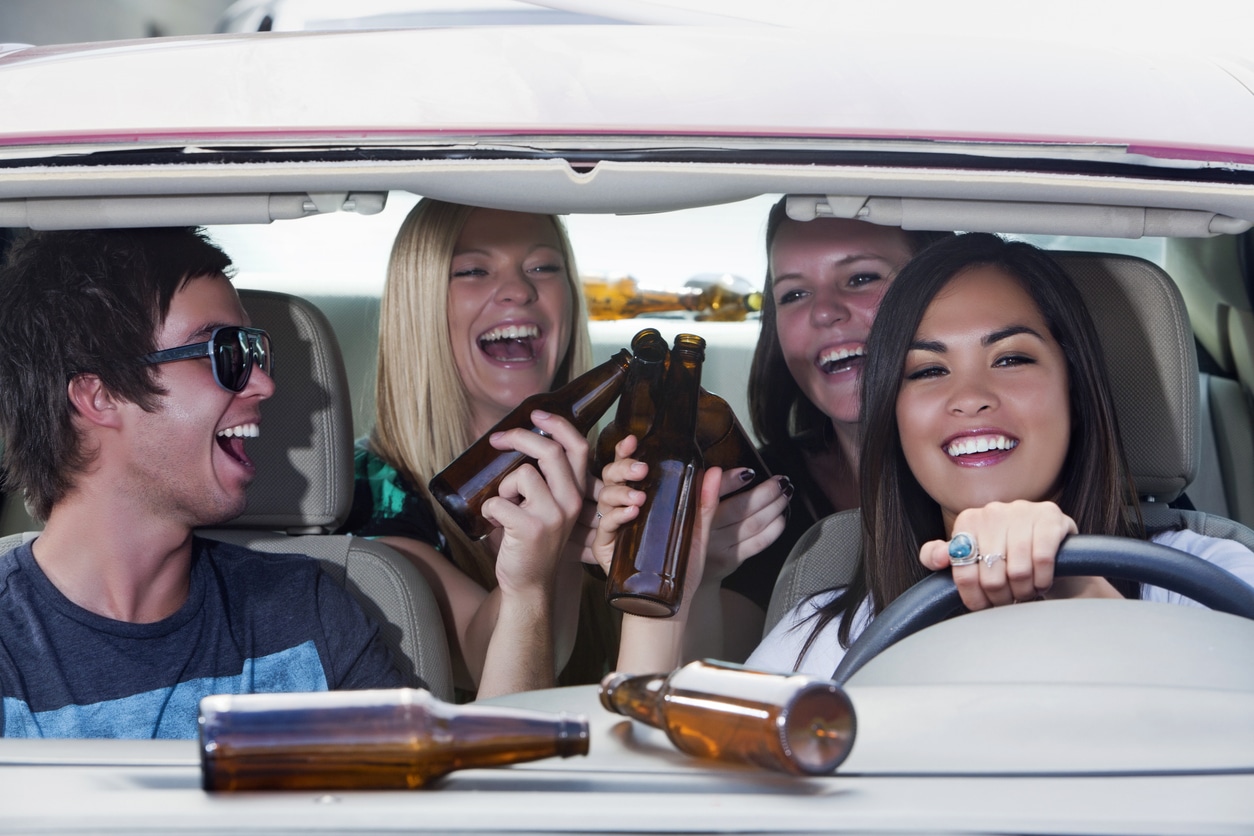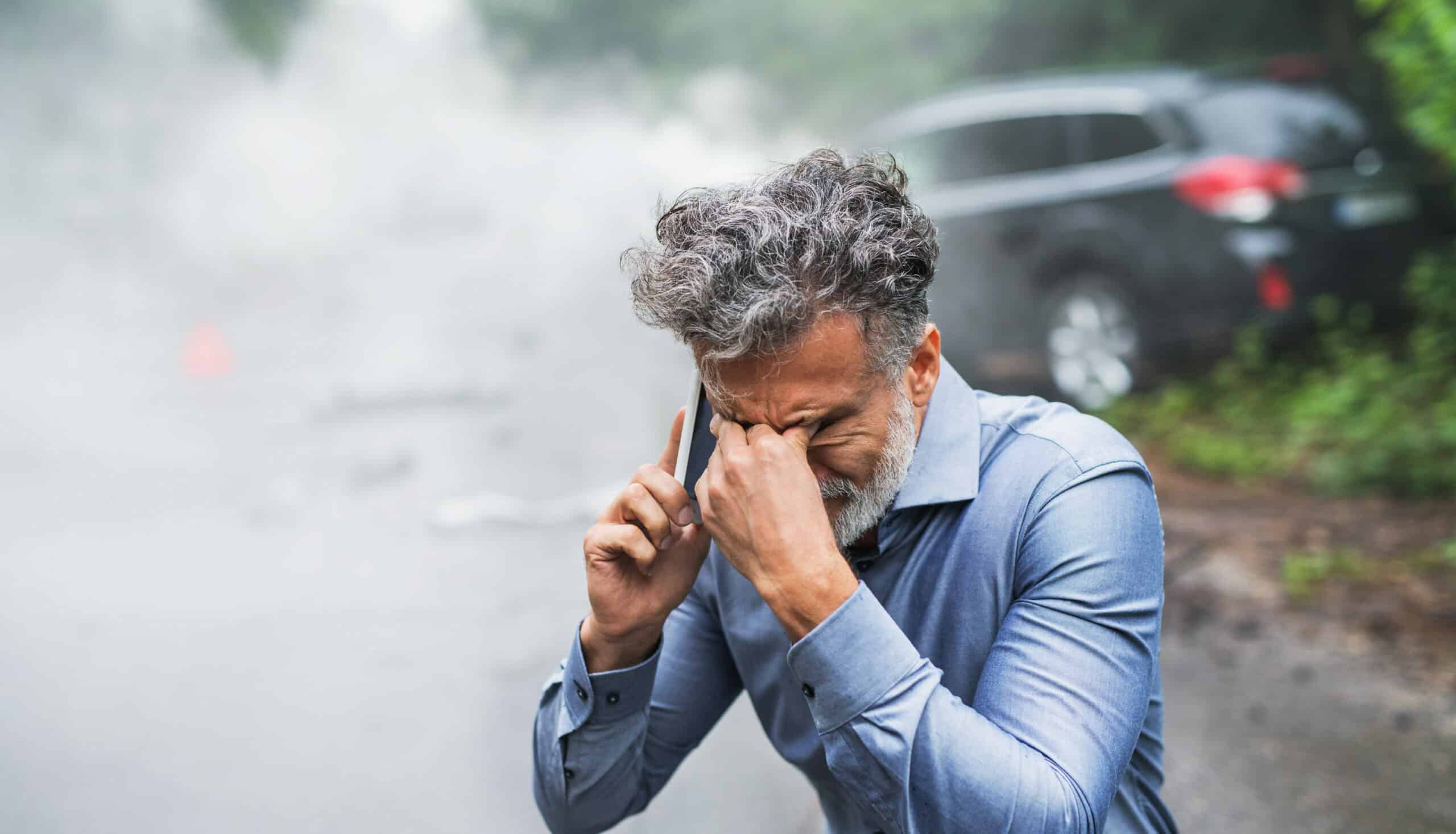What Are the Protocols for Legal Representation in Drunk Driving Accidents Involving Minors in Michigan?
Michigan places significant emphasis on preventing alcohol-related accidents, especially when underage drivers are involved. Under state law, individuals under 21 must adhere to strict standards that prohibit any measurable amount of alcohol in their system when operating a vehicle. The stakes can be very high for both the minor and any parties who contributed to underage drinking. Understanding the laws and procedures for legal representation in underage drunk driving cases can help minors and their families make informed decisions if charges or civil claims are brought against them.
Michigan’s Underage Drinking and Driving Laws
Michigan enforces stringent rules for minors who operate a motor vehicle after consuming alcohol. Zero Tolerance is the term most frequently associated with this framework, and the relevant statute can be found under MCL § 257.625(6). Zero Tolerance restricts any driver under the age of 21 from having a blood alcohol concentration (BAC) of 0.02 or higher. This threshold effectively bans minors from driving if they have consumed any alcohol whatsoever.
Underage drivers also risk being charged under more traditional OWI statutes if their BAC reaches the levels established for adults (generally 0.08 or higher). In other words, if a minor’s BAC meets or exceeds the adult standard, prosecutors can pursue an OWI case instead of relying solely on Zero Tolerance laws. The penalties in such cases tend to be more severe.
Michigan’s underage drinking and driving laws include:
- Zero Tolerance Provisions: Any BAC above 0.02 can result in fines, license restrictions, and possibly community service. Repeated offenses can lead to harsher penalties, including additional fines and longer license suspensions.
- OWI Charges for Minors: If a minor’s BAC is high enough, the offense may be treated similarly to an adult OWI. Penalties can encompass larger fines, longer license suspensions, mandatory alcohol education programs, and even possible jail time.
- Repeat Offenses: Multiple violations within a relatively short time increase the likelihood of facing enhanced punishments, including potential felony charges if serious injuries or fatalities result from an alcohol-related crash.
Legal Consequences for Minors Involved in Drunk Driving Accidents
When an underage driver is involved in a drunk driving accident, the consequences often exceed those for a minor traffic violation. An accident that causes injury or property damage raises criminal and civil liability concerns, potentially affecting a driver’s record, personal finances, and future employment prospects.
Common consequences include:
- Criminal Penalties: Fines, probation, community service, and possible jail time are common sanctions. Minors often face a mandatory license suspension or restrictions on their driver’s license for a certain period. In some instances, an ignition interlock device may be required if a court deems it necessary for public safety.
- Civil Liability: Victims of an underage drunk driving accident can pursue compensation for medical bills, lost wages, and property damage. A civil lawsuit can be filed against the minor and, in some cases, their parents or guardians, especially if negligence can be established.
- Potential Long-Term Consequences: A criminal record can affect college admissions, job applications, and even housing opportunities. Insurance companies often charge significantly higher premiums for individuals with a DUI on their record. These added financial burdens can linger long after other penalties have expired.
Young drivers sometimes underestimate the long-term implications of an underage drunk driving offense. Early intervention, whether by enrolling in alcohol education programs or seeking legal counsel, can make a difference in how a case unfolds. Delayed or inadequate responses often exacerbate the penalties, causing more distress for the minor and their family.
Parental and Guardian Liability
Michigan law holds adults accountable when they facilitate or fail to prevent underage drinking in certain scenarios. Criminal charges and civil claims can arise if a parent, guardian, or social host knowingly provides alcohol to a minor who subsequently causes an accident. The relevant law covering the furnishing of alcohol to minors is MCL § 436.1701. This statute specifies that supplying alcohol to individuals under 21 is prohibited and can lead to significant penalties if the underage person is harmed or causes harm to others.
Parents or guardians may also be drawn into a civil lawsuit if their child causes an accident while driving under the influence.
Potential liabilities include:
- Criminal Penalties Under MCL § 436.1701: If an adult knowingly provided alcohol to a minor, fines and possible jail time may follow, especially if the minor’s actions led to serious injuries or fatalities.
- Civil Liability for Damages: Victims can sue adults who contributed to or facilitated the minor’s ability to drink. If a court finds that parental negligence played a role in an accident, damages may be awarded to compensate for medical bills, lost income, or property damage.
- Social Host Responsibility: When a gathering occurs at a private residence and alcohol is made available to underage guests, the adult who hosts the event could be held accountable if a drunk driving accident occurs afterward. The standard for liability often hinges on whether the adult knew or should have known that alcohol was accessible to minors.
Seeking Legal Representation After an Underage DUI Accident
Engaging with an attorney early in the process can help minors with both the criminal and civil dimensions of a drunk driving incident. Underage drivers facing OWI charges typically have a variety of defense strategies at their disposal, depending on how the police stop was conducted and how field sobriety or chemical tests were administered.
Remember these important considerations:
- Defense Strategies for Minors Facing OWI Charges: An attorney may examine whether law enforcement followed proper procedures when stopping the vehicle and administering tests. If any mistakes occurred, it might be possible to challenge the validity of the results.
- Civil Litigation: Underage drivers who were injured in a collision they partially caused may still seek compensation for their injuries, although liability for the crash is a critical factor. When a minor was the primary cause of the crash, they may face lawsuits from injured parties.
- Expungement Options for First-Time Offenders: Michigan offers some opportunities for expunging certain offenses. While a drunk driving conviction can be more challenging to clear from a record, an attorney can explain whether any exceptions might apply to an underage client.
When Victims Should Hire a Lawyer
Victims of underage drunk driving accidents may be left with significant financial strain, emotional hardship, and physical injuries. Those who sustained injuries or lost property in a crash caused by an intoxicated minor have recourse under Michigan law to seek compensation. An attorney can be crucial in proving fault, demonstrating damages, and holding the parties responsible accountable.
Circumstances that warrant legal intervention for victims include:
- Compensation for Injuries and Damages: Medical bills, rehabilitation costs, lost wages, and property repair or replacement often add up quickly. An attorney can calculate these expenses accurately and pursue full compensation from the at-fault party and their insurance carrier.
- Holding Bars or Social Hosts Liable Under the Dram Shop Act: Michigan’s Dram Shop Act is codified under MCL § 436.1801. It permits legal action against licensed establishments or social hosts who serve alcohol to minors if that service directly contributed to an accident. This cause of action can be particularly relevant if the underage driver consumed alcohol at a bar or party prior to the incident.
- Proving Negligence: An attorney can help gather and preserve evidence to show the underage driver was above the legal BAC limit and to illustrate how that driver’s impairment led to the crash. Expert witnesses or accident reconstruction specialists may be used to strengthen the case.
Contact Sigal Law Firm for Legal Support
Sigal Law Firm offers skilled representation and compassionate counsel for those coping with the aftermath of an underage DUI incident. A consultation can help determine the most effective strategy, whether it involves contesting criminal charges, pursuing civil compensation, or safeguarding a young person’s prospects.
Call 248-671-6794 today for a case review and learn more about Michigan’s legal protocols for drunk driving accidents involving minors.
















